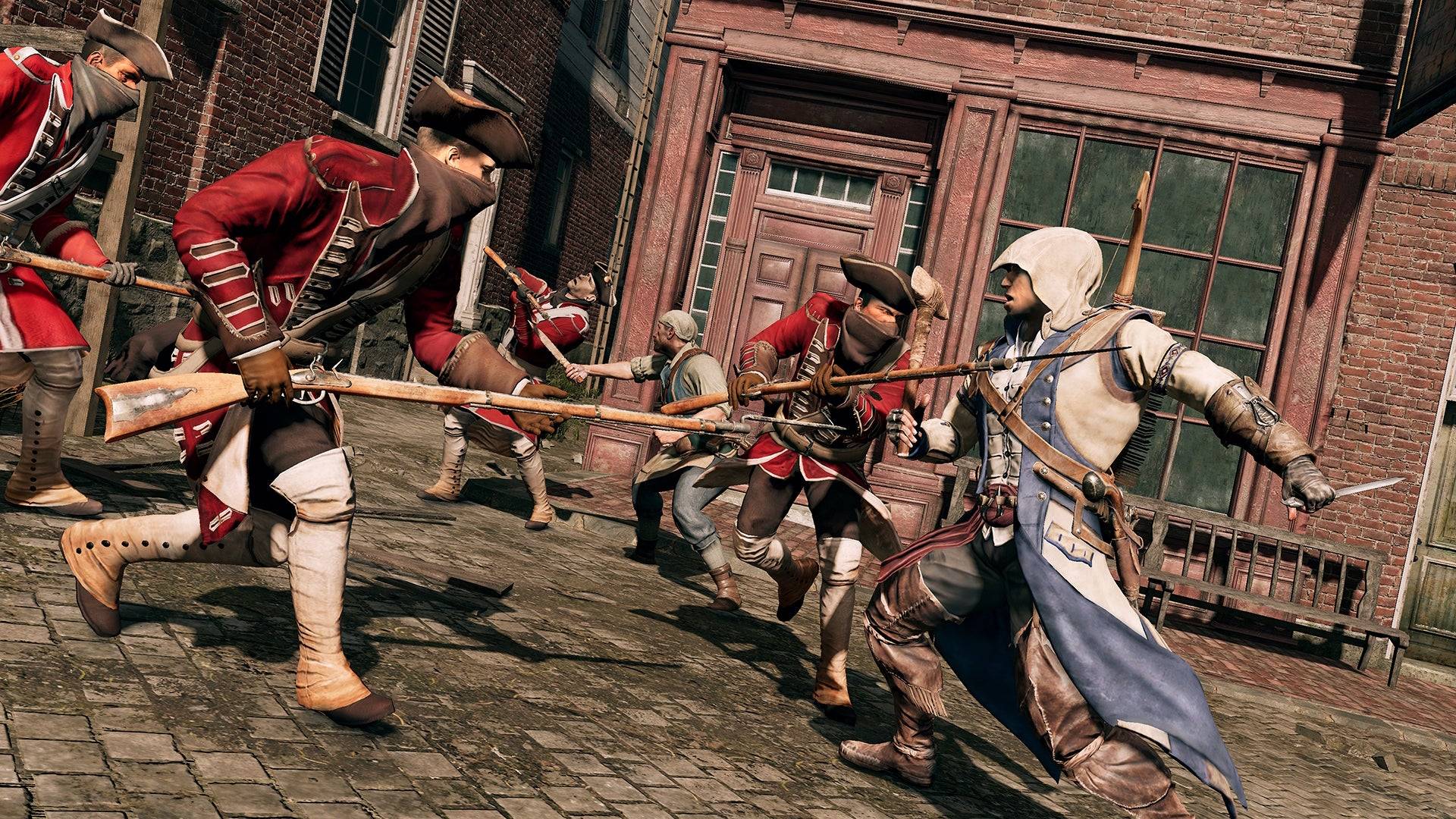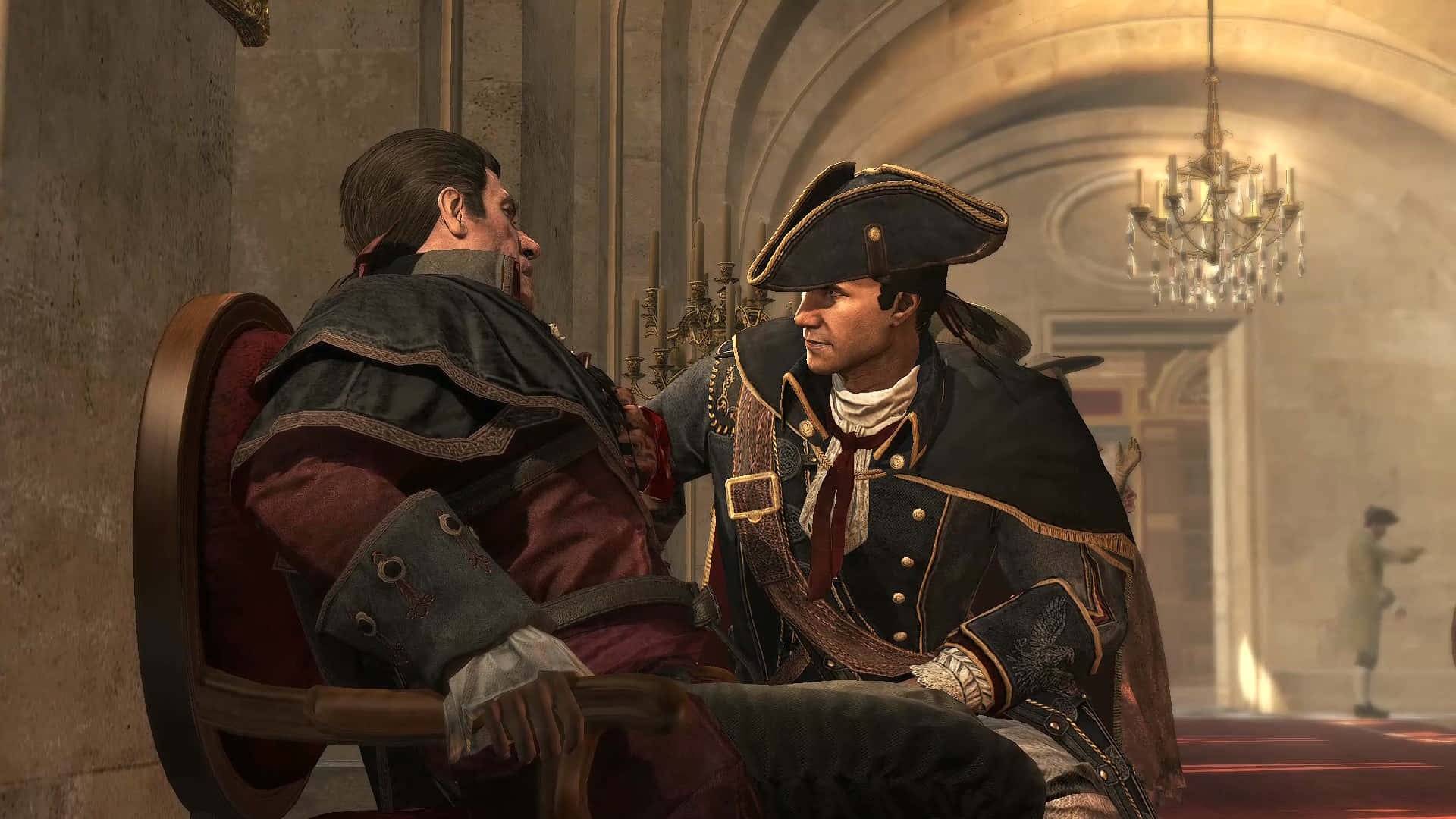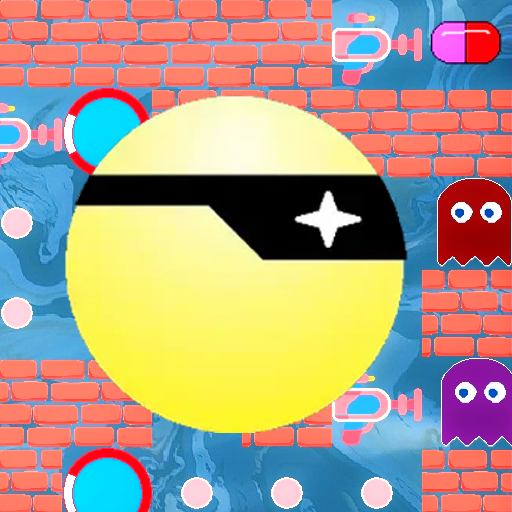Assassin's Creed 2 and 3: The Pinnacle of Series Writing
One of the most iconic moments in the entire Assassin's Creed series occurs early in Assassin's Creed 3, when Haytham Kenway completes his mission to assemble a group of supposed assassins in the New World. Throughout the early stages of the game, players are led to believe these are allies, as Haytham not only wields a hidden blade but also embodies the charisma reminiscent of the beloved Ezio Auditore. He plays the role of a hero, liberating Native Americans from captivity and confronting British redcoats. However, the revelation comes when he utters the Templar creed, "May the Father of Understanding guide us," exposing him as a Templar, not an assassin. This twist is a testament to the series' potential for narrative depth and surprise.
This moment exemplifies Assassin's Creed 3's strength in storytelling, marking a high point in the franchise's narrative evolution. The original Assassin's Creed introduced the fascinating concept of tracking and eliminating targets, yet struggled with character development for both the protagonist Altaïr and his victims. Assassin's Creed 2 improved upon this with the more dynamic Ezio, but still left its antagonists underdeveloped, as seen with Cesare Borgia in Assassin's Creed: Brotherhood. It wasn't until Assassin's Creed 3, set during the American Revolution, that Ubisoft truly balanced the development of both the hunter and the hunted. This balance contributed to a seamless narrative flow and a harmonious blend of gameplay and story, a feat that has yet to be matched in subsequent titles.

Despite the positive reception of the current RPG-focused era of the series, a growing sentiment among fans and critics suggests that Assassin's Creed has been on a downward trajectory. Discussions across various platforms highlight potential reasons for this decline, including the increasingly fantastical elements like battling mythological figures such as Anubis and Fenrir, the introduction of diverse romance options, and the controversial use of real historical figures like Yasuke in Assassin's Creed Shadows. However, I believe the real issue lies deeper—in the series' shift away from character-driven narratives, which have become overshadowed by expansive sandbox environments.
Over time, Assassin's Creed has expanded its original action-adventure formula to include RPG elements such as dialogue trees, XP-based leveling systems, and features like loot boxes and gear customization. Yet, as the games have grown larger, they've often felt less fulfilling. Not only do the numerous side missions involving climbing towers and finding objects contribute to this sense of bloat, but the core storytelling has also suffered. While Assassin's Creed Odyssey boasts more content than Assassin's Creed 2, much of it feels less refined and engaging.
The addition of player choice through dialogue and actions, while theoretically enhancing immersion, often results in the opposite effect. Longer scripts to accommodate various scenarios can feel less polished than those with a more focused narrative, diluting the character development and making interactions with NPCs feel less authentic. This contrasts sharply with the more scripted, character-focused narratives of the Xbox 360/PS3 era, which featured some of the most memorable writing in gaming. From Ezio's passionate declaration, "Do not follow me, or anyone else!" after defeating Savonarola, to Haytham Kenway's poignant final words to his son Connor:
"Don't think I have any intention of caressing your cheek and saying I was wrong. I will not weep and wonder what might have been. I'm sure you understand. Still, I'm proud of you in a way. You have shown great conviction. Strength. Courage. All noble qualities. I should have killed you long ago."

The narrative complexity has also diminished over time. Modern games often simplify the moral dichotomy to Assassins being good and Templars being bad, whereas earlier titles delved into the gray areas between the two factions. In Assassin's Creed 3, each Templar Connor defeats challenges his beliefs. William Johnson suggests the Templars could have prevented the Native American genocide, Thomas Hickey dismisses the Assassins' goals as unattainable, and Benjamin Church argues that perspectives matter, with the British viewing themselves as victims. Haytham himself undermines Connor's trust in George Washington, foretelling a future where America might be as oppressive as the monarchy it rebelled against—a prediction reinforced by the revelation that Washington, not Charles Lee, ordered the burning of Connor's village. This moral ambiguity leaves players with more questions than answers, enhancing the narrative's depth.
Reflecting on the franchise's history, it's clear why the track "Ezio's Family" from the Assassin's Creed 2 soundtrack, composed by Jesper Kyd, became the series' theme. It captures not just the Renaissance setting but the personal loss and trauma experienced by Ezio. While the modern Assassin's Creed games excel in worldbuilding and graphics, I hope the series will return to its roots, focusing on intimate, character-driven stories. However, in an industry increasingly favoring expansive sandboxes and live service models, such a return might not align with current business strategies.
- 1 Silent Hill 2 Remake Confirms Xbox, Switch Release in 2025 Feb 08,2025
- 2 Connect Asus ROG Ally to TV or Monitor: Easy Guide Apr 06,2025
- 3 Fix 'Can't Connect to Host' Error in Ready or Not: Quick Solutions Jun 13,2025
- 4 Dragon Soul Tier List: Ultimate Guide May 12,2025
- 5 The Best Free Comic Book Sites and Apps in 2025 Mar 18,2025
- 6 "Persona Games and Spin-Offs: Complete Chronological List" Apr 09,2025
- 7 How to Run JioHotstar on PC with BlueStacks Feb 28,2025
- 8 Assassin's Creed Shadows: Max Level and Rank Cap Revealed Mar 27,2025
-
Top Arcade Classics and New Hits
A total of 10
-
Addictive Arcade Games for Mobile
A total of 10
-
Android Apps for Video Content Creation
A total of 10











![Roblox Forsaken Characters Tier List [UPDATED] (2025)](https://img.actcv.com/uploads/18/17380116246797f3e8a8a39.jpg)
















